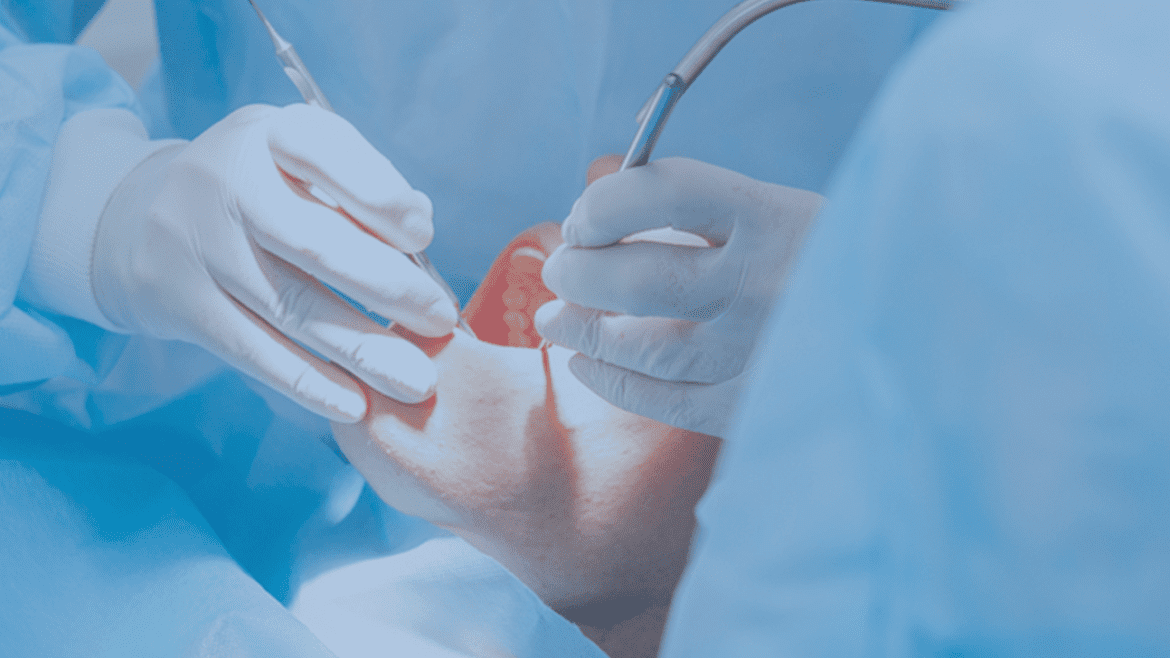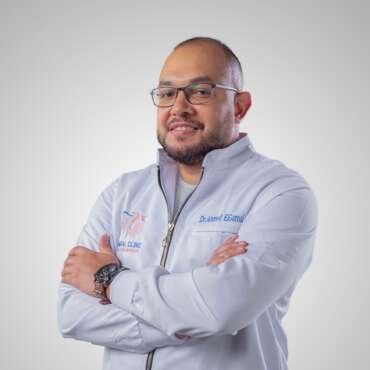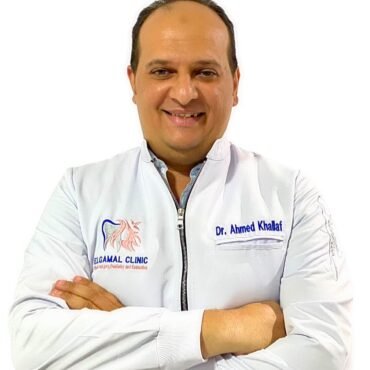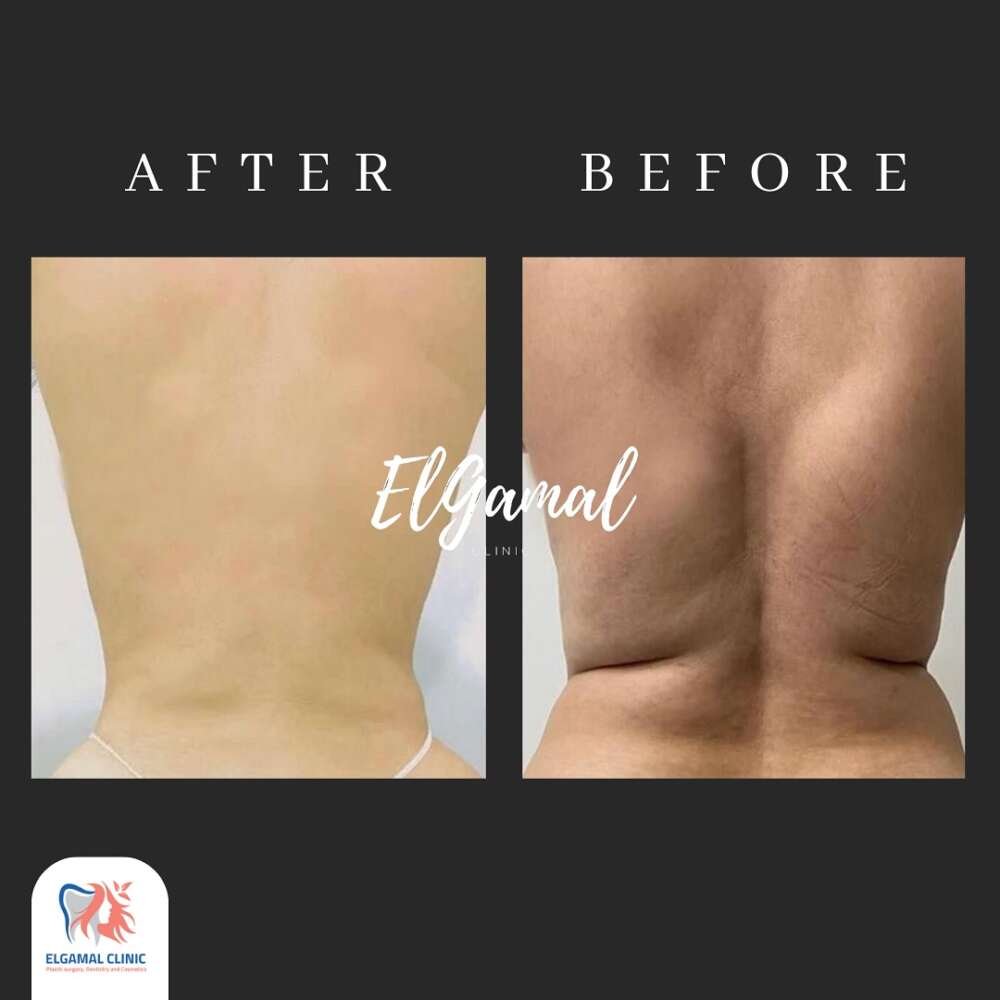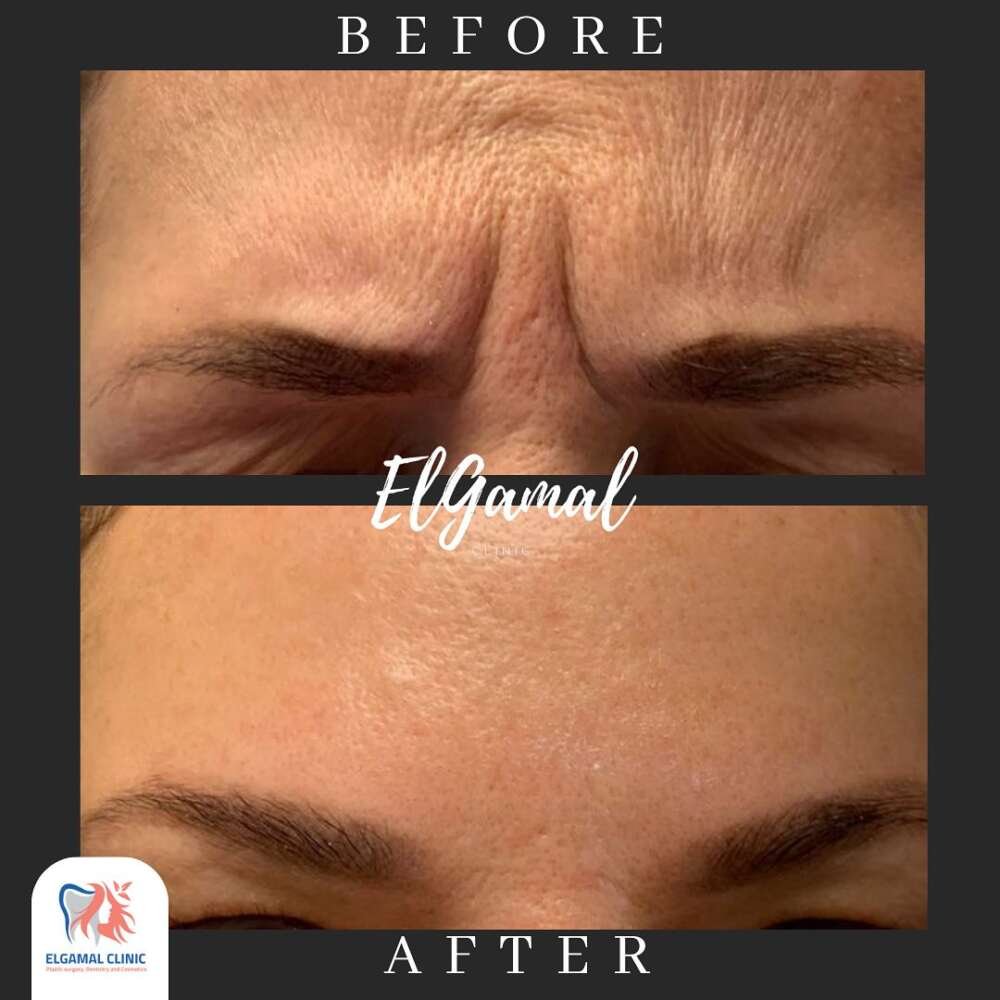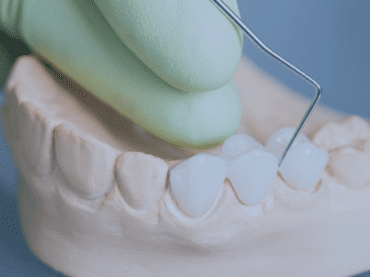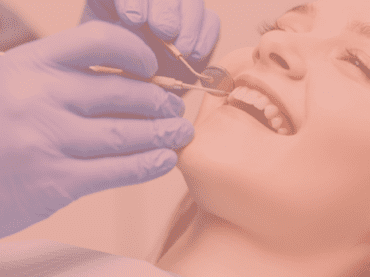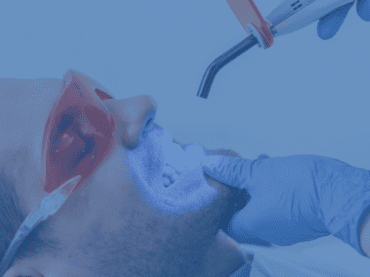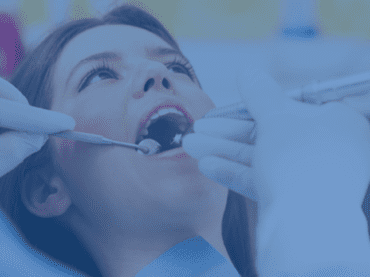Oral and Maxillofacial surgery
What’s Oral and Maxillofacial Surgery?
Maxillofacial surgery is an operation performed by a highly trained dental surgeon. A variety of maxillofacial procedures can treat diseases, fix injuries or correct defects in your face, jaw or mouth. As with any operation, maxillofacial surgery has certain risks. But the procedures help many reduce pain, fix deformities and restore function.
It involves operations to correct diseases, injuries and defects of your face, jaw or mouth. Maxillofacial surgeons are advanced specialists who diagnose and treat problems with:
Bones and tissues of your jaw and lower face (maxillofacial area).
Roof of your mouth (palate).
Teeth.
Why is maxillofacial surgery done?
Maxillofacial surgery is performed to:
Improve jaw function.
Relieve pain.
Maxillofacial surgery can address a wide variety of dental problems and conditions, such as:
Diagnosing reasons for chronic dental pain.
Preparing the mouth for dental implants and prostheses (such as dentures).
Placing dental implants.
Removing (extracting) impacted teeth.
Treat oral diseases.
Procedures can also treat jaw problems, such as:
Bone grafting, or transplanting bone from another area of the body to replace bone that’s missing in your jaw.
Reconstructing your jaw to correct an abnormal bite.
Treating temporomandibular joint (TMJ) disorders that affect the area where your lower jaw attaches to your skull.
Treating injuries related to trauma to your face, jaw and mouth.
Other reasons to perform maxillofacial surgery include:
Correcting congenital (present at birth) abnormalities such as cleft lip and palate.
Diagnosing and treating cysts, tumors, cancer and other growths in your head and neck.
Diagnosing reasons for chronic facial pain.
Treating facial trauma (injury), such as facial fractures or damaged maxillofacial tissue.
Results:
Immediately after suture placement and for 1 month postoperatively, patients experienced improvement in facial tissue ptosis. This aesthetic result declined noticeably by 6 months and was absent by 1 year.
Longevity:
The longevity of oral and maxillofacial surgery outcomes in dentistry varies depending on the nature of the procedure, individual patient factors, and post-operative care. Some procedures, like orthognathic surgery for jaw realignment, often provide long-lasting results. However, factors such as lifestyle, aging, and changes in health can influence the longevity of certain outcomes. Regular follow-ups with your oral surgeon and maintaining good oral hygiene contribute to the sustained success of the surgery over time.

